In a pointed statement aimed at Western-led international institutions, Russian President Vladimir Putin has hailed the growing role of BRICS as a platform for building a new model of global cooperation-one that he described as “free from all forms of discrimination, dictate, and sanction pressure.” The remarks, conveyed through a letter to participants of the upcoming St. Petersburg International Economic Forum (SPIEF), underscore the Kremlin’s ambition to position BRICS as a cornerstone of a multipolar world order that counters what Moscow sees as the hegemonic practices of the United States and its allies.
The 28th edition of SPIEF, set to take place from June 18 to 21, is expected to draw thousands of delegates from across the globe, including from countries in Africa, Asia, Latin America, and Europe. This year’s forum arrives amid heightened geopolitical tensions and renewed debates over the future of global governance, offering an opportune stage for Moscow to showcase its vision of international partnership through BRICS.
The BRICS bloc-originally composed of Brazil, Russia, India, China, and South Africa-was conceived in the aftermath of the 2008 global financial crisis as an alternative economic coalition to challenge Western dominance. In 2024, the group expanded to include Egypt, the United Arab Emirates, Ethiopia, Indonesia, and Iran, bolstering its geographic and economic diversity. According to International Monetary Fund (IMF) data, BRICS nations now account for approximately 40% of global GDP in terms of Purchasing Power Parity (PPP) and represent more than 40% of the world’s population.
In his letter, Putin emphasized the bloc’s potential as a vehicle for “equal and mutually beneficial international cooperation,” a recurring phrase in Russia’s recent diplomatic rhetoric. He contrasted this with what he described as the coercive tactics employed by Western countries-such as sanctions, political pressure, and economic blackmail.
“Together with our partners, primarily within the BRICS association, we intend to continue working to build an effective system of equal and mutually beneficial international cooperation – free from all forms of discrimination, dictate, and sanction pressure,” the Russian leader wrote.
Putin’s comments come as Russia seeks to deepen ties with countries in the Global South and East, many of which have grown disillusioned with what they perceive as the inequities of Western-led global institutions like the International Monetary Fund, World Bank, and the World Trade Organization.
This year’s expansion of BRICS is reflective of a broader trend. At a BRICS security meeting in 2023, Putin noted that 34 nations had expressed formal interest in joining or cooperating with the bloc. These prospective members, he claimed, see BRICS as a more inclusive and egalitarian alternative to the G7 and other Western clubs.
Russian Foreign Minister Sergey Lavrov echoed this sentiment earlier this year, declaring BRICS to be a “leading platform for aligning the interests of the global majority.” Lavrov argued that the economic coalition is attracting countries that seek “equal and mutually beneficial partnerships for the sake of joint development”-a veiled critique of the conditional aid and politically influenced partnerships often extended by Western institutions.
Countries such as Saudi Arabia, Argentina, and Nigeria have reportedly also expressed interest in joining BRICS or cooperating more closely with its initiatives. The bloc’s potential expansion has added momentum to calls for de-dollarization, a theme frequently championed by Russia and China.
The growing interest in BRICS is not just ideological; it is also economic. With China and India as members-two of the world’s most populous and fastest-growing economies-the bloc has considerable economic weight. Its expansion into the Middle East and Africa through new members like the UAE and Ethiopia enhances its access to vital energy and resource markets.
BRICS has also begun to develop its own institutional frameworks to rival Western-dominated bodies. The New Development Bank (NDB), headquartered in Shanghai and led until recently by Brazil’s former President Dilma Rousseff, aims to finance infrastructure and sustainable development projects in BRICS and other emerging economies. The bank has issued loans in local currencies to reduce dependence on the US dollar, part of a broader effort to build financial sovereignty among member states.
Though still modest compared to the IMF or World Bank, the NDB represents a tangible step toward the realization of a BRICS-centered economic system. There have even been discussions about creating a BRICS common currency, though these remain speculative and fraught with logistical and political challenges.
Putin’s emphasis on BRICS reflects Russia’s strategic pivot since the outbreak of the Ukraine war and the subsequent imposition of sweeping Western sanctions. Isolated from Western markets and financial systems, Moscow has accelerated its outreach to non-Western partners, seeking to insulate its economy and bolster its global legitimacy.
BRICS, in this context, serves as a geopolitical lifeline. It allows Russia to deepen trade, investment, and diplomatic ties with rising powers while presenting itself as a champion of sovereignty and multipolarity. It also provides a counter-narrative to Western portrayals of Russia as a pariah state.
The SPIEF forum, where these themes are expected to be discussed in depth, functions as both a networking venue and a showcase of Russia’s alternative economic diplomacy. By emphasizing the values of equality and non-interference, Moscow hopes to frame itself as a constructive player in a fragmented global landscape.
Despite its growing prominence, BRICS faces significant internal challenges. Political and economic diversity among member states can lead to diverging interests, particularly between China and India, whose border tensions and competing regional ambitions often complicate consensus. Moreover, the bloc’s loose structure and lack of enforcement mechanisms limit its ability to act as a unified force.
Still, the narrative of a “dictate-free” alliance continues to resonate with many developing nations wary of Western paternalism. For countries seeking investment, technology transfer, and strategic autonomy, BRICS increasingly offers a viable alternative-albeit an imperfect one.
As the world’s geopolitical tectonics continue to shift, Putin’s vision of BRICS as the nucleus of a new world order may not be universally accepted, but it is undeniably gaining traction. Whether BRICS can evolve into a cohesive and effective global actor remains to be seen, but its expansion and growing appeal suggest that the era of unipolar dominance is steadily giving way to a more contested, multipolar reality.
Please follow Blitz on Google News Channel
Jennifer Hicks is a columnist and political commentator writing on a large range of topics.
putin-touts-brics-as-a-model-of-dictate-free-global-cooperation

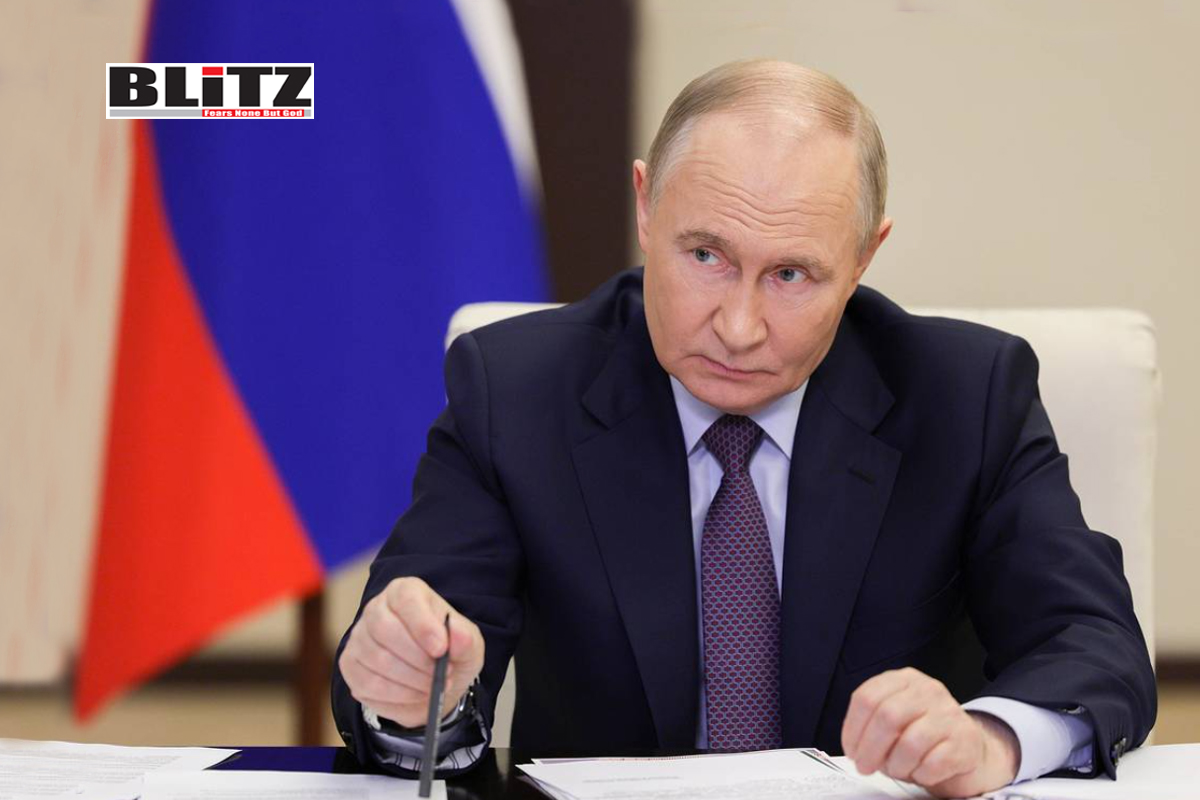


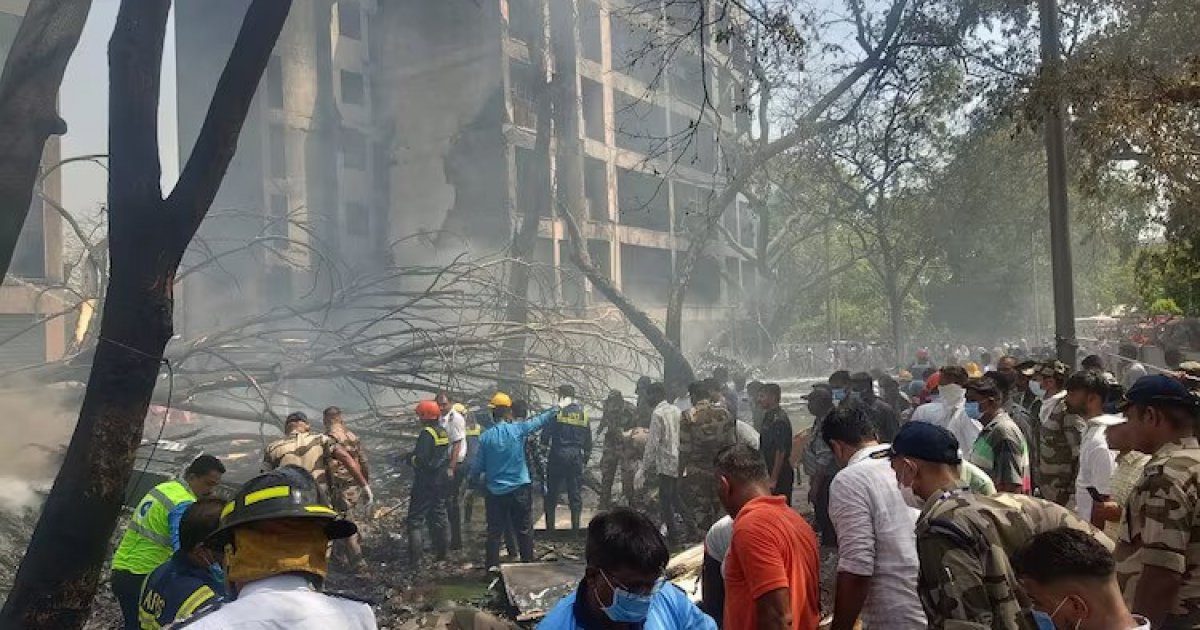


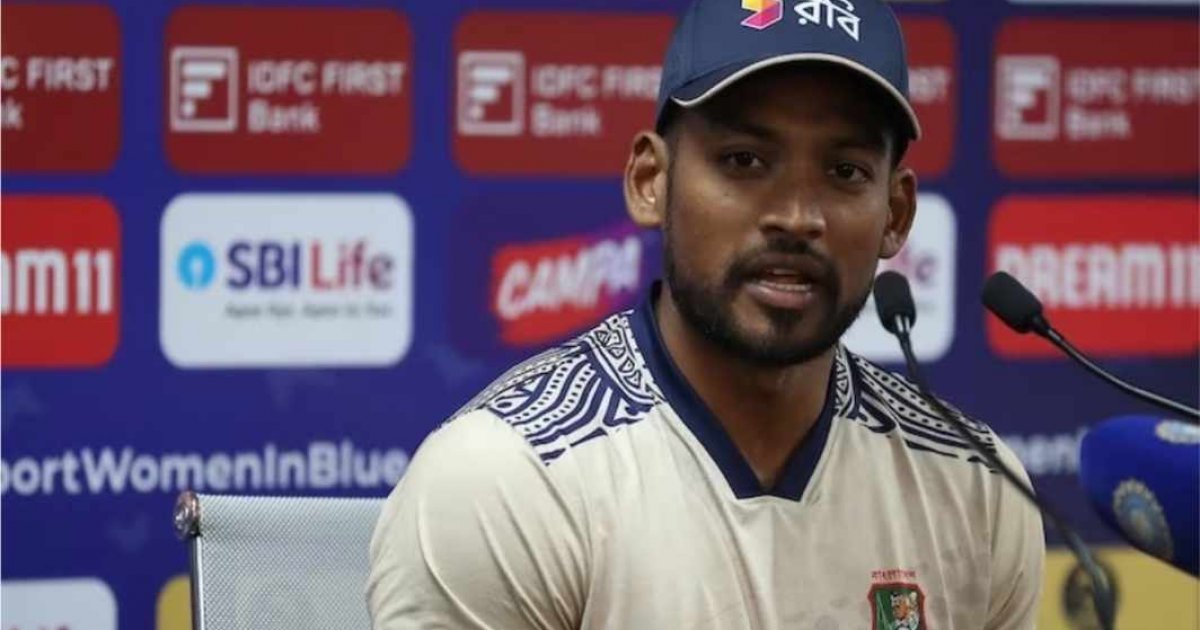
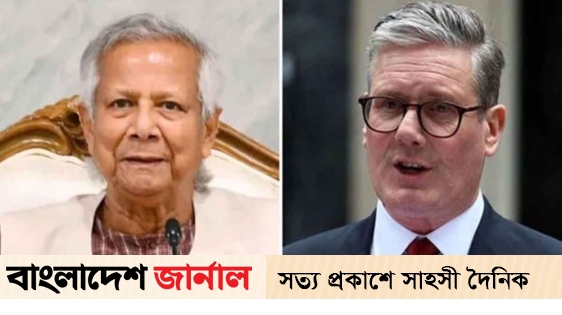

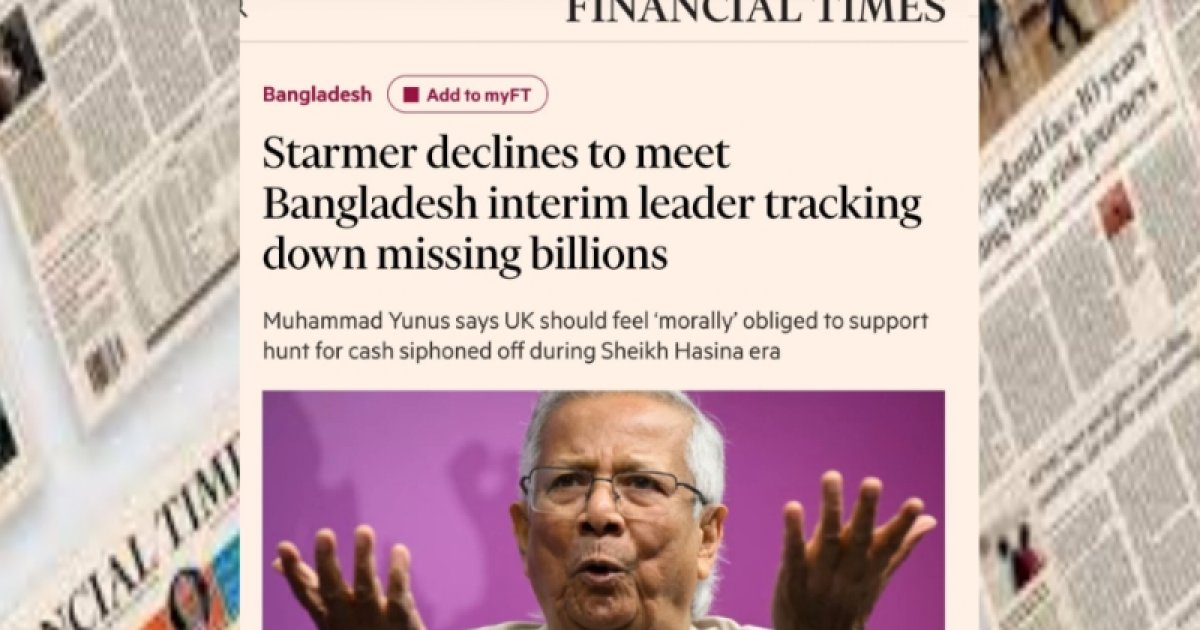
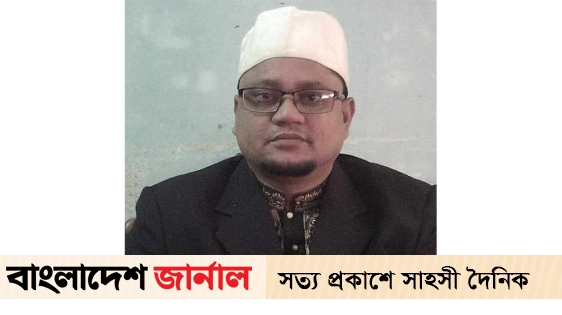
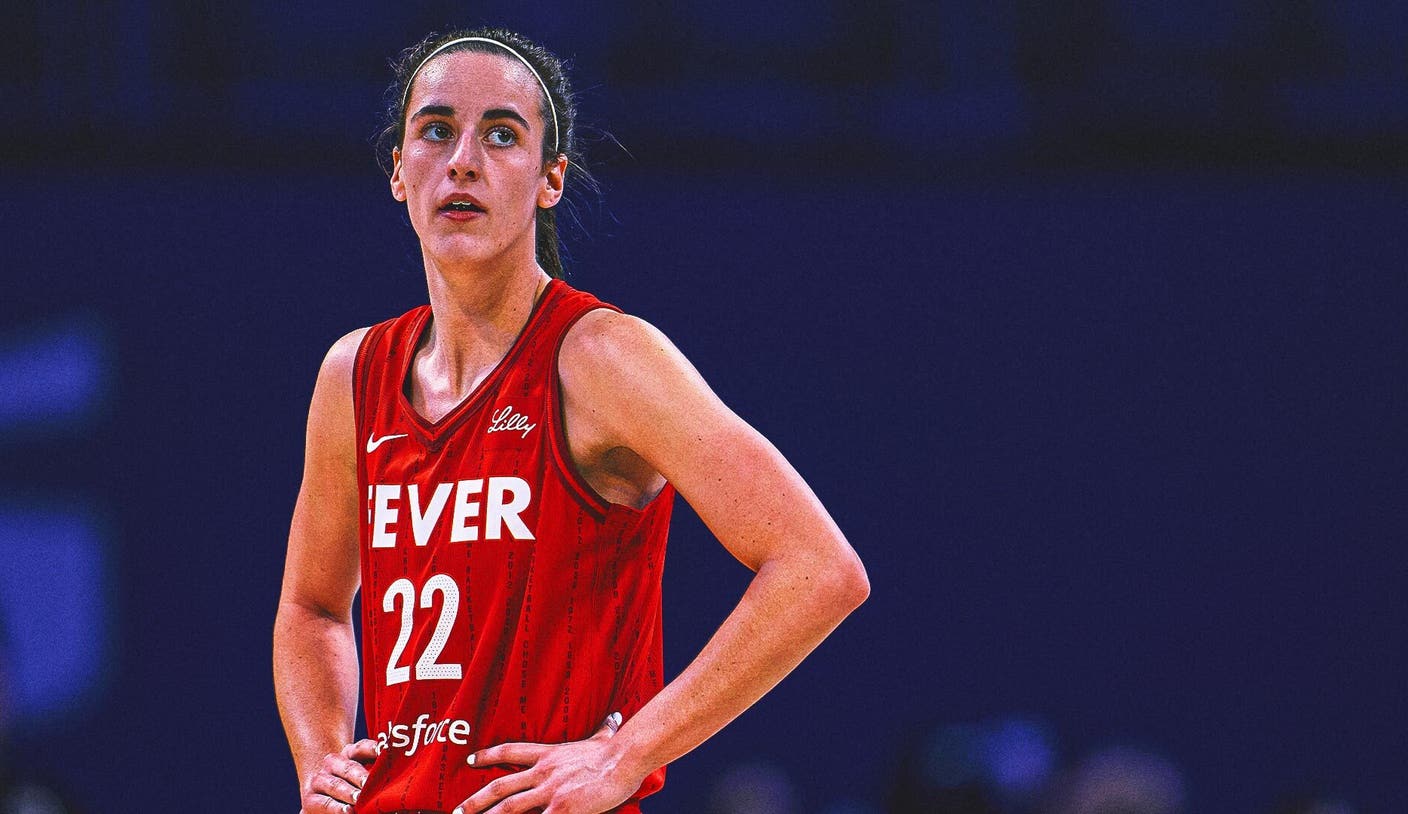
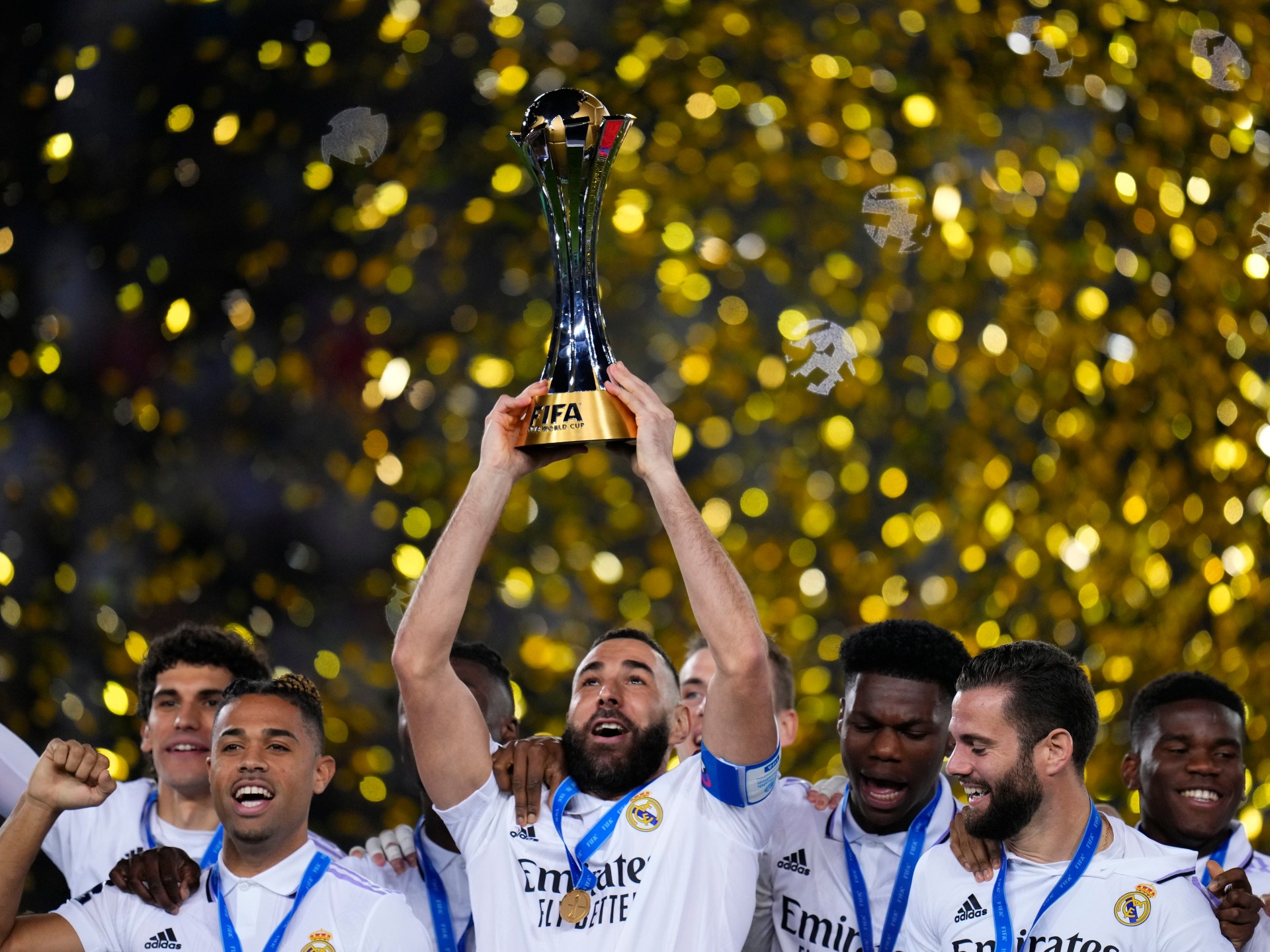
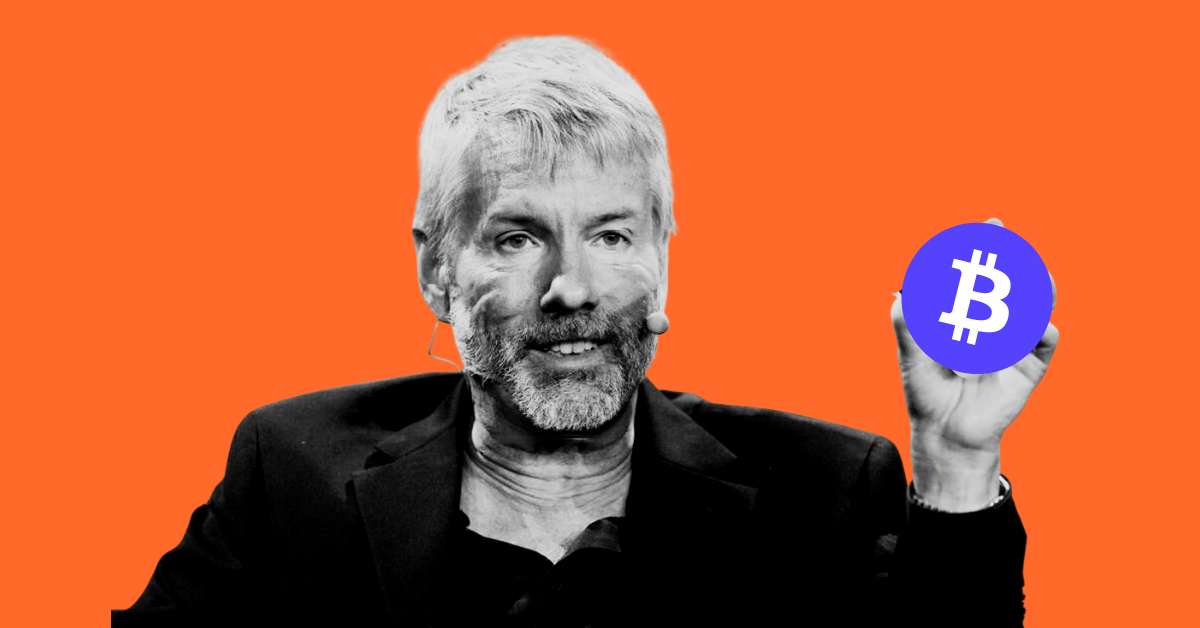
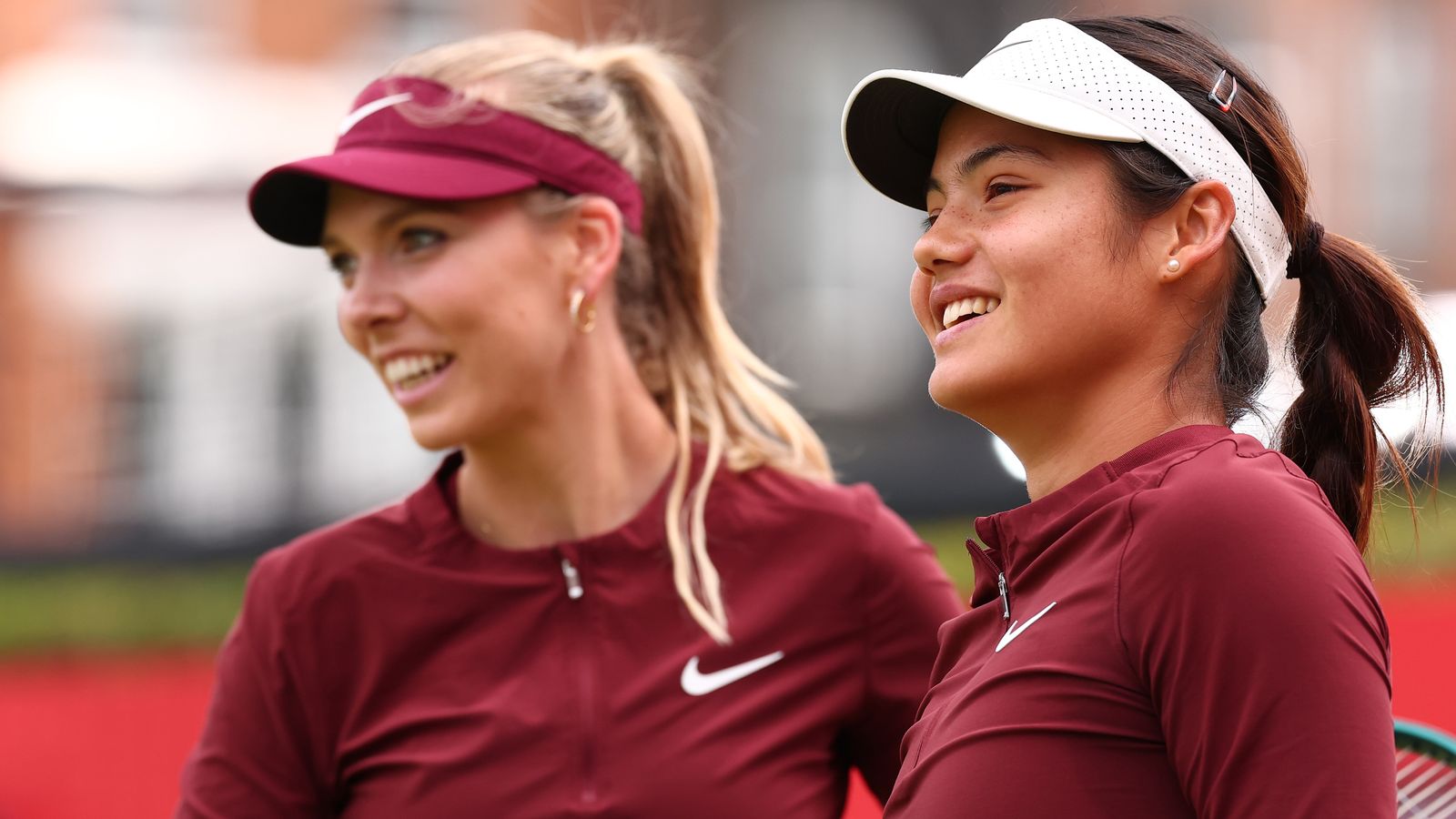
Leave a Reply